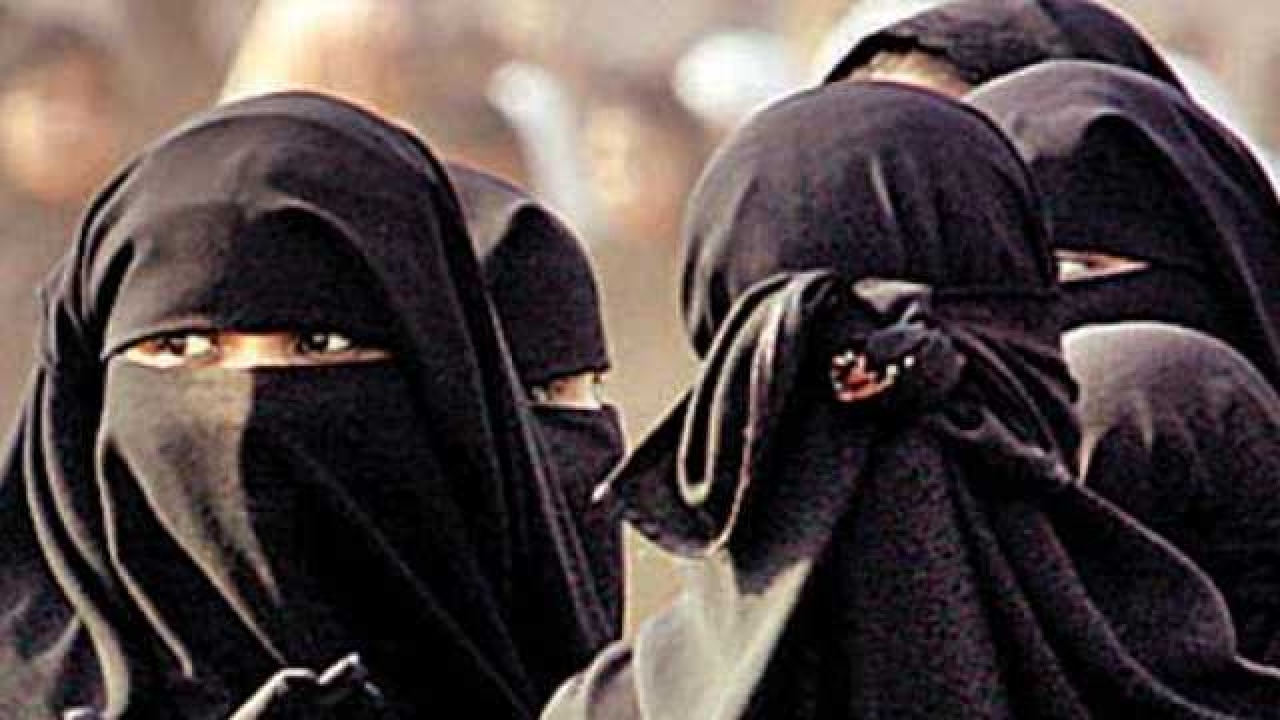
Eight months ago I met a woman in Uttar Pradesh. She was helpless and poor. She had been divorced thrice. She also had three children from two different husbands and had never received a single dime in alimony. She lived near a religious place and was hoping that she would be able to spend the rest of her life there. I was shocked that she had been abandoned and she would have to survive on alms. She was incapable of fighting her battle.
If India is truly a secular democracy then the civil code will have to be truly secular. Whichever religion one belongs to, the same yardstick should apply to all. A marriage is a marriage and a divorce is a divorce. The sensitization of religions does not need to be a part of the state, it is part of the temple/mosque/church/synagogue. It needs to stay that way. If religion can play a role in helping families live in harmony, that should be a welcome move. But when they decide to marry or divorce, it should be handled by the courts.
During the framing of the Indian Constitution, it was widely debated that a secular republic needs a common law for all citizens rather than differentiated rules based on religious practices. Eventually, the Uniform Civil Code was put under Article 44 of the Constitution. However, this article comes under the 'Directive Principles of the State Policy' and thus, it is not enforceable by any Court of Law.
The Article says, "The State shall endeavour to secure for the citizens a uniform civil code throughout the territory of India."
Several members of the Constituent Assembly disagreed with this compromise. Among them were Minoo Masani, Rajkumari Amrit Kaur and Hansa Mehta. Kaur argued: “One of the factors that have kept India back from advancing to nationhood has been the existence of personal laws based on religion which keep the nation divided into watertight compartments in many aspects of life.”
Later, BR Ambedkar also fought hard for the passage of the Hindu Code Bill as it was an opportunity to empower women.
The reality of this situation is that the present government has always talked about the idea of a uniform civil code. It is part of their DNA. They believe in the idea that it is only possible to build India if it is not divided into multiple ideas and identities. The layered divisions create more chaos than creating a multicultural society.
The discussion about uniform civil code is beyond religion. It is about political and moral conviction. Truly the debate is about gender equality. Women and men have raised their voice for gender equality and if at all it ever has a chance of making it through, it is when the present government is in place. If it is scuttled then it may be a long time before this would see light of day.